-Desde diciembre ya han pasado cuatro meses.
(DIALOGUE 3. VÉRONIQUE)
Lo que me hizo descubrir el marxismo-leninismo… al principio Nanterre me aburría porque es una facultad en mitad de los suburbios, pero poco a poco me di cuenta de que eso era la auténtica filosofía en un barrio obrero, que era el lugar más adecuado.
-¿Y viven todos juntos?
-Sí, nos han metido en las mismas jaulas para conejos que a los obreros, pero los conejos se multiplican… Y, por la mañana, cuando voy allí me cruzo con los hijos de los obreros argelinos y con los mecánicos de la Simca.
-¿Y se ven cada día?
-Sí, bueno, en fin, yo creía que me cruzaba con ellos, pero en realidad llevábamos el mismo camino, o sea que paramos en los mismos bares, nos bajamos a la misma hora en la misma estación, nos moja la misma lluvia, tenemos casi el mismo trabajo… Y entonces fue allí donde comprendí las tres desigualdades fundamentales de un régimen capitalista y, sobre todo, del régimen gaullista francés.
-¿Cuáles son?
-Pues bien, primero, indistinción entre trabajo intelectual y trabajo manual; segundo, entre campo y ciudad, en fin, y yo me doy cuenta constantemente con Yvonne… y tercero, entre agricultura e industria. Eso también me llevó a estudiar seriamente el marxismo-leninismo… bueno, “seriamente” quiere decir que si yo tuviera valor iría a dinamitar la Sorbona, el Louvre y la Comédie-Française.
21:50-23:23. La Chinoise, 1967. Jean Luc Godard.
suburbia
aesthetics
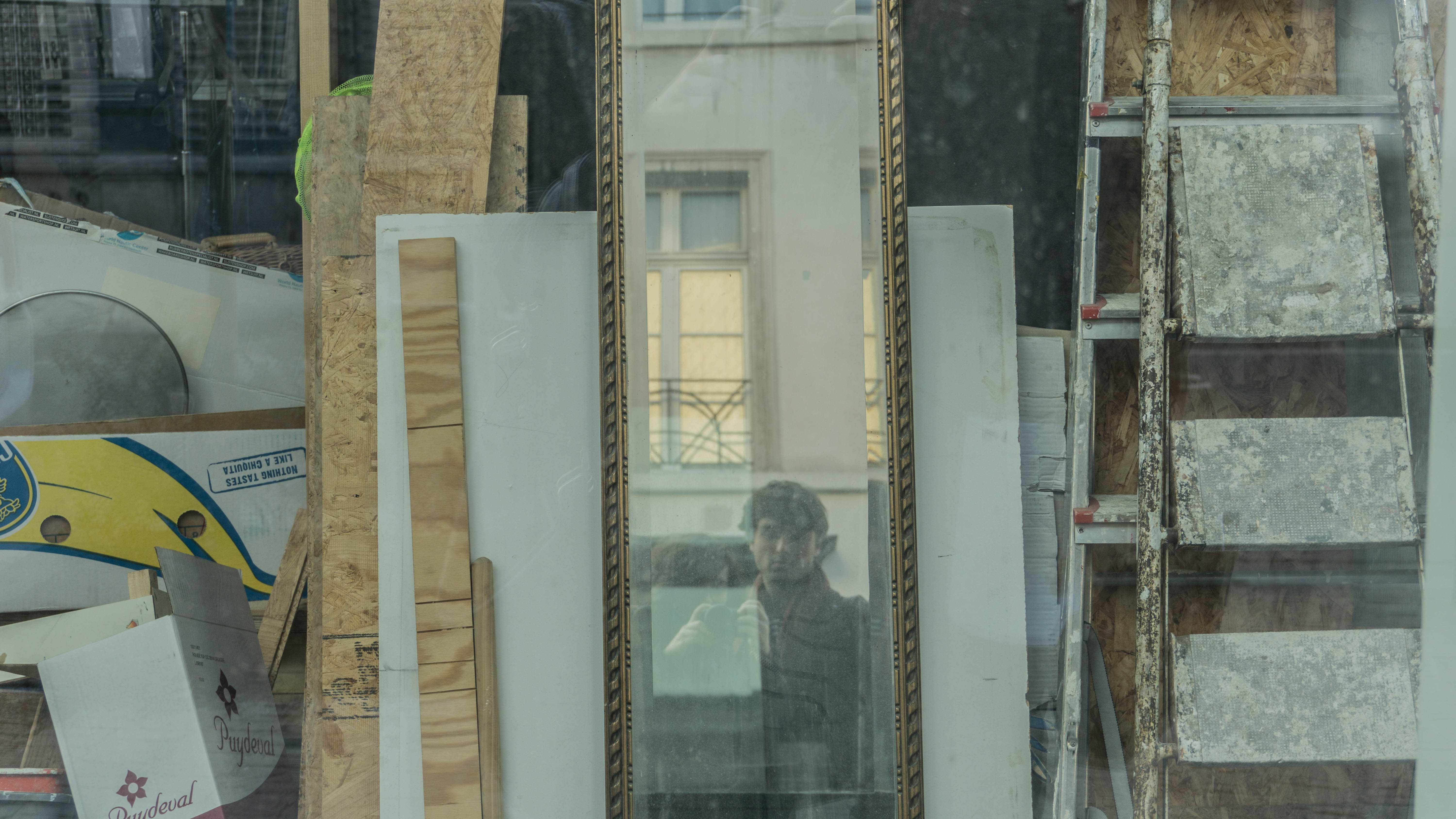
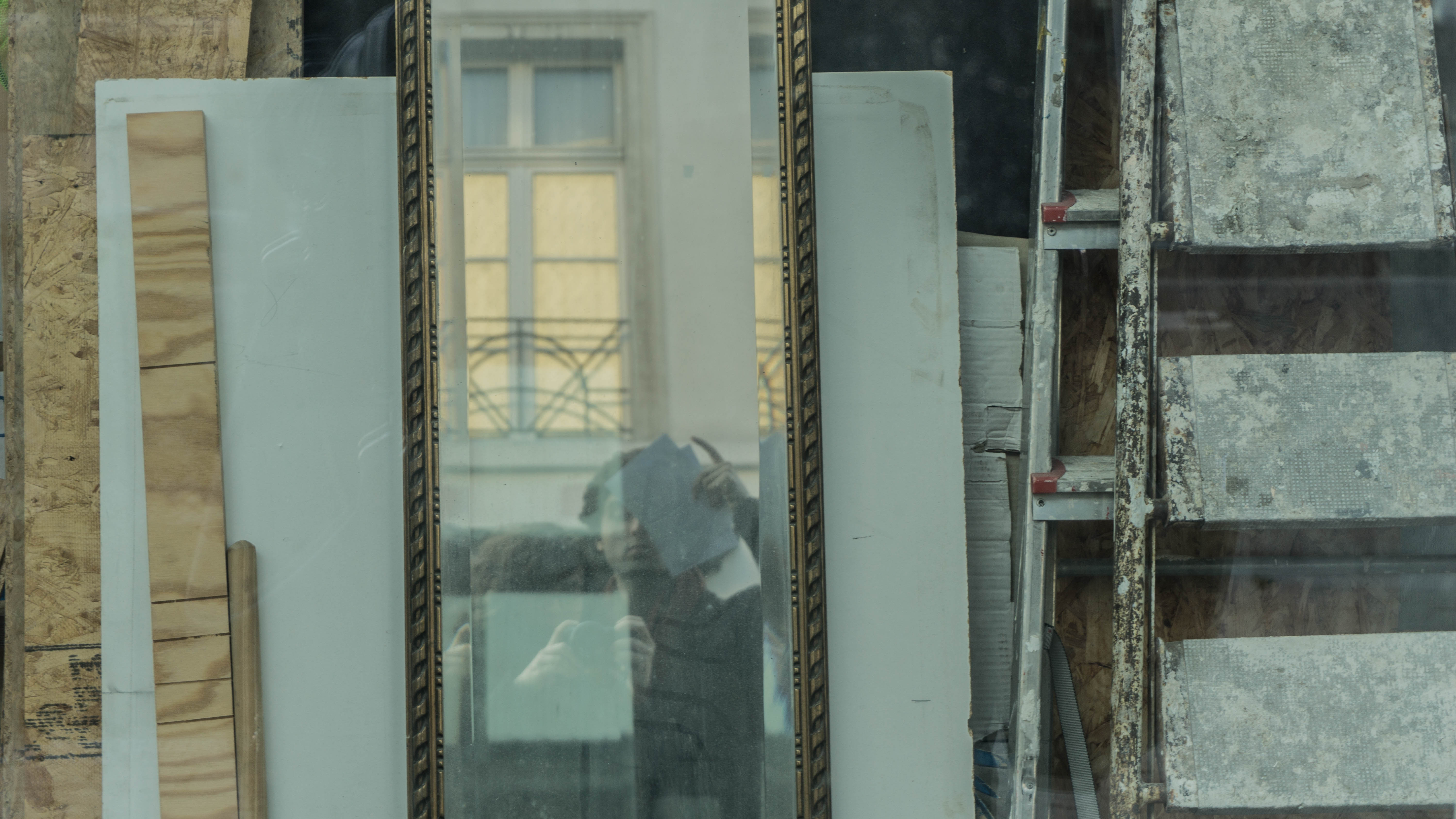
¿No lo he dicho ya? – escribía Rilke en “Los cuadernos de Malte Laurids Brigge” – Estoy aprendiendo a ver. Sí, este es el comienzo. Todavía no se me da demasiado bien. Pero me esforzaré al máximo. Por ejemplo, nunca me había preguntado cuántas caras existen. Hay una cantidad enorme de personas, pero hay muchas más caras porque cada persona tiene varias.
…
“Have I said it before? I am learning to see. Yes, I am beginning. It’s still going badly. But I intend to make the most of my time. For example, it never occurred to me before how many faces there are. There are multitudes of people, but there are many more faces, because each person has several of them. There are people who wear the same face for years; naturally it wears out, gets dirty, splits at the seams, stretches like gloves worn during a long journey. They are thrifty, uncomplicated people; they never change it, never even have it cleaned. It’s good enough, they say, and who can convince them of the contrary? Of course, since they have several faces, you might wonder what they do with the other ones. They keep them in storage. Their children will wear them. But sometimes it also happens that their dogs go out wearing them. And why not? A face is a face. Other people change faces incredibly fast, put on one after another, and wear them out. At first, they think they have an unlimited supply; but when they are barely forty years old they come to their last one. There is, to be sure, something tragic about this. They are not accustomed to taking care of faces; their last one is worn through in a week, has holes in it, is in many places as thin as paper, and then, little by little, the lining shows through, the non-face, and they walk around with that on.”
suburbia
Is the suffering of others also our own? In thinking that it might in fact be, societies expand the circle of the we.
The environment suddenly shifts in an unforeseen and unwelcome manner.
Move to strangeness
Human beings need security, order, love, and connection
Memories about the past guide this thinking about the future
Reactions to a volcano-like event that shook the foundations of the social world.
Holding an attitude of benign neglect or cynical indifference
A blow to the psyche that breaks through one’s defenses so suddenly and with such brutal force that one can not react to it effectively
An important part of the self has disappeared… “We” no longer exist as a connected pair or a linked cells in a larger communal body
Truth goes underground
One cannot simply leave behind
Buried in the unconscious, the event is experienced irrationally, in the nightmares
Denials that insist on looking to the future and forgetting the past
Fragmented and polarized social order
Bridging the gap between event and representation
A spiral of signification
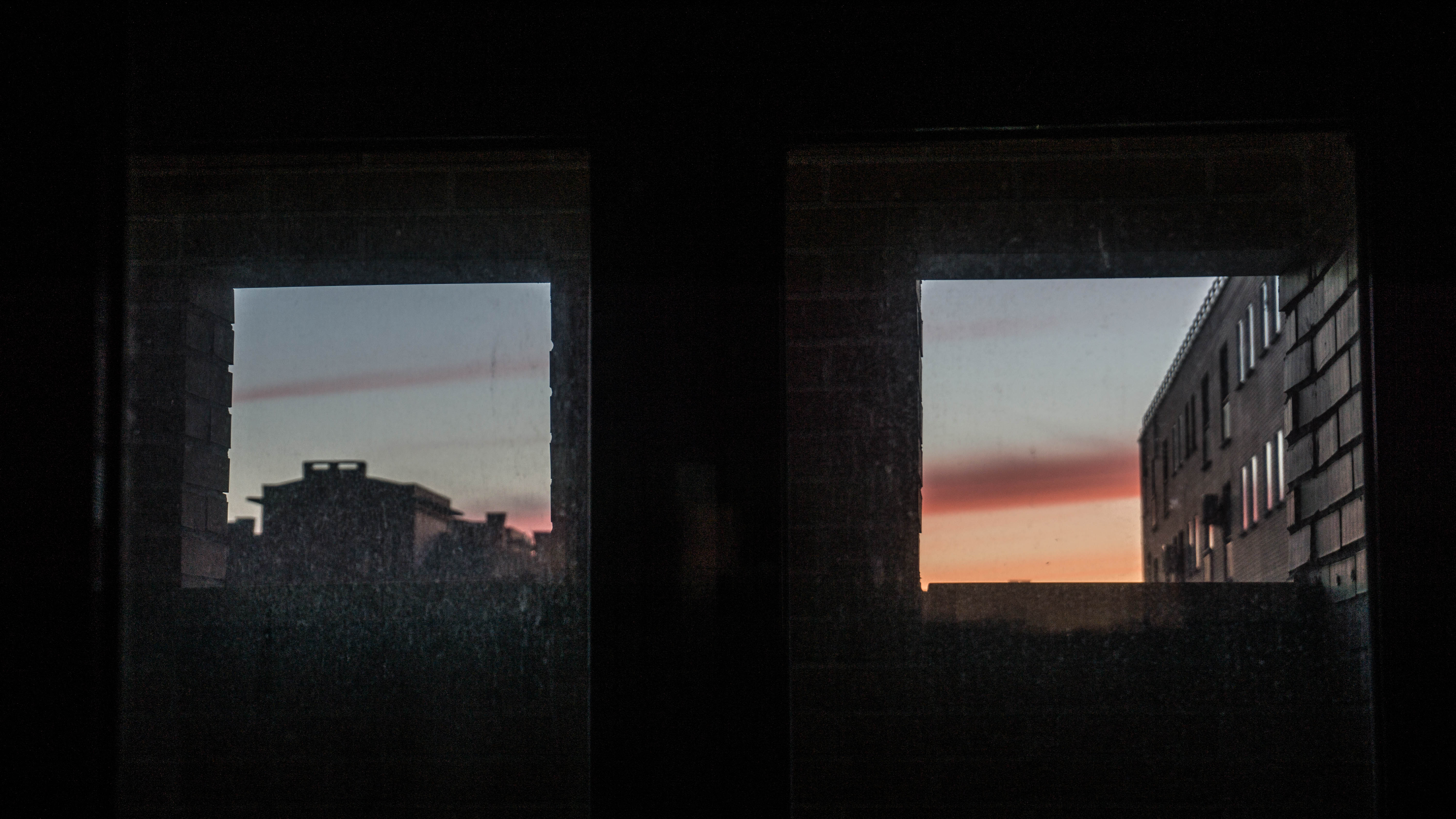
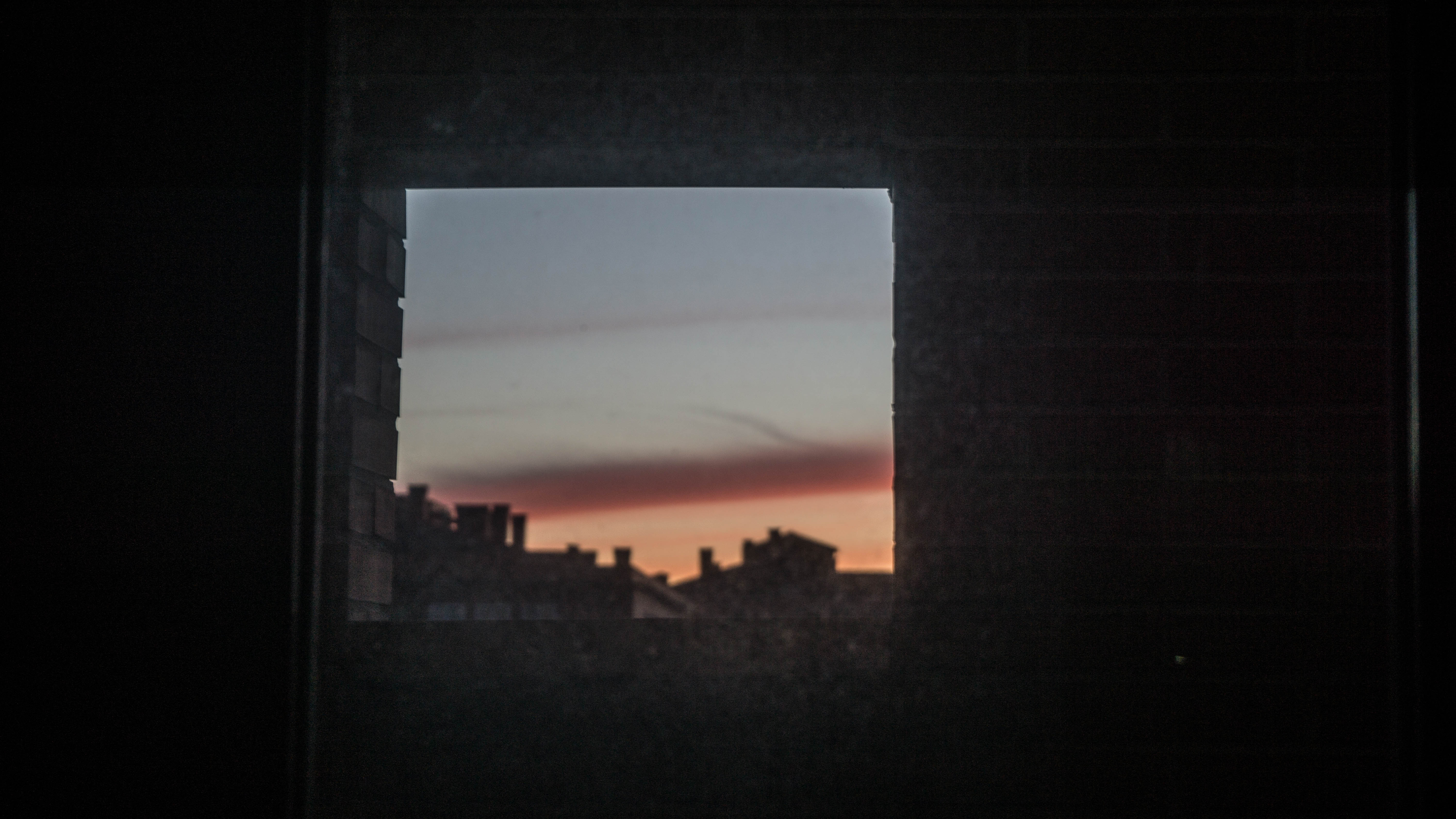
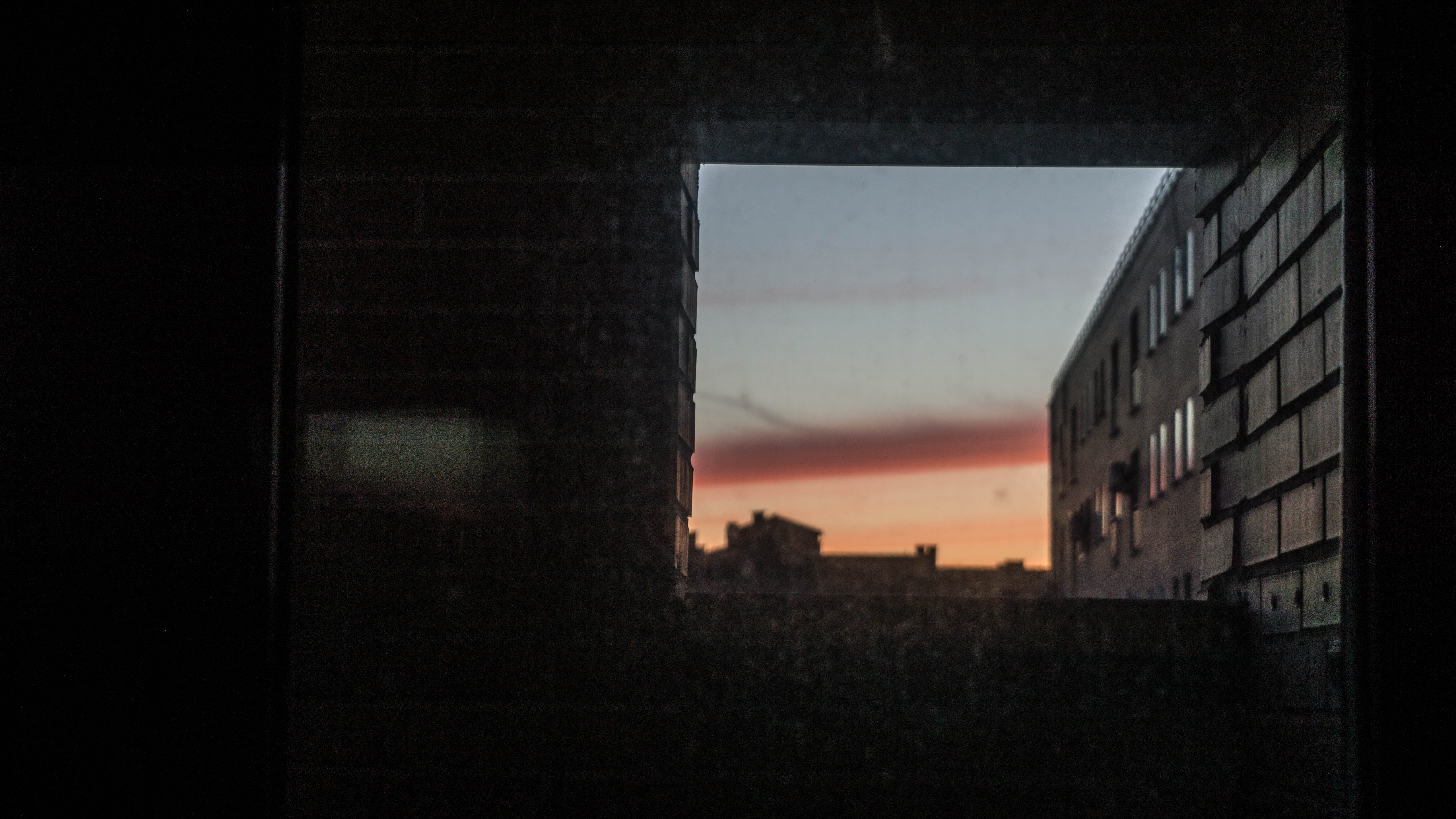
Source: ALEXANDER_Cultural-Trauma